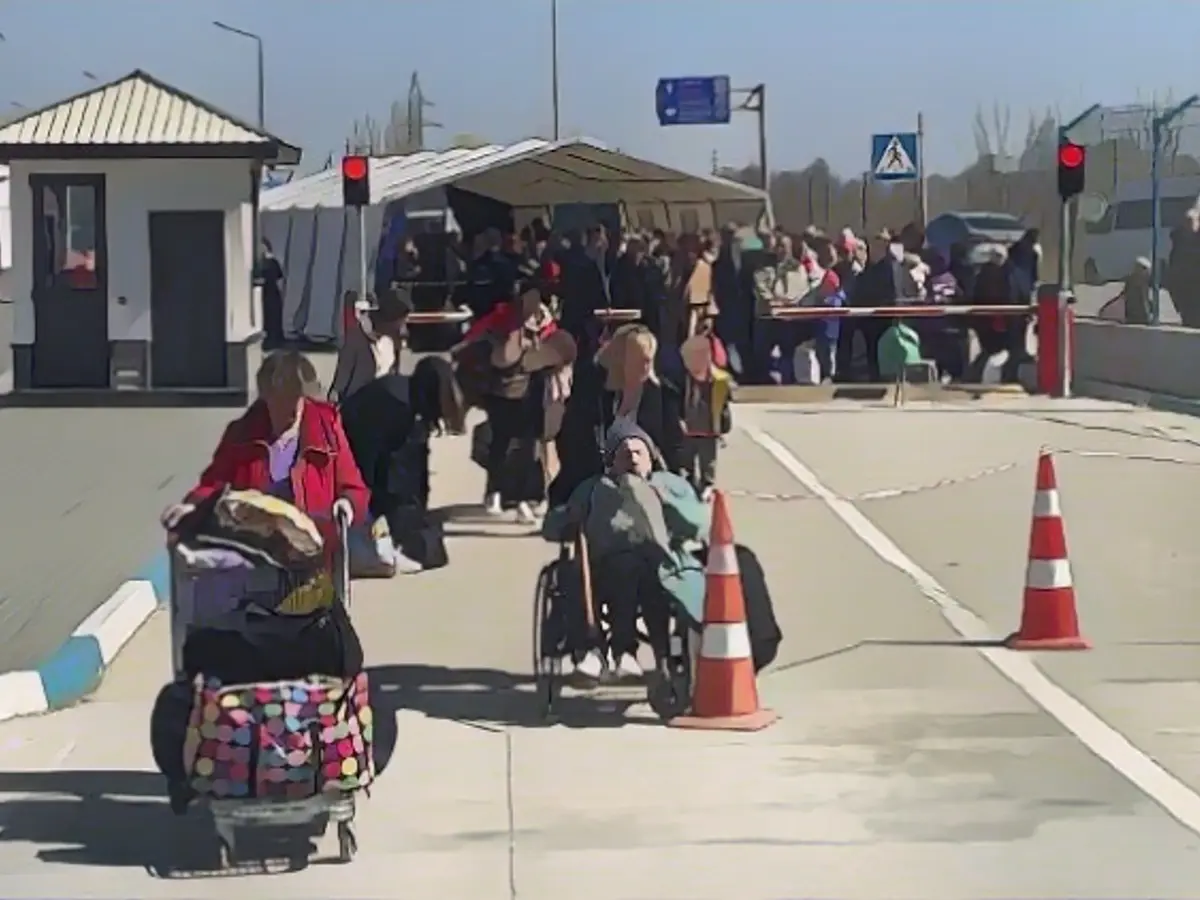If Ukraine falls, it's the Moldovans' turn
We are all very busy, with the end of the year, the Christmas shopping, the job. Many others are busy saving their lives and those of their children. Our author is in Chișinău and helps with the latter activity - often under risky conditions.
On Sunday, December 17, a bus with 54 women and children from Ukraine will arrive in Chișinău. The bus will then continue on towards Germany. On December 20, shortly before Christmas, it should finally reach Munich. But wait, Chișinău? A question for "Who wants to be a millionaire", admittedly: What is the capital of Moldova called? A: Kharkiv? B: Chișinău? C: Khmelnytskyi? D: Chromtau? B, of course. It's still unknown to most Germans, and it used to be to me too, but now I know exactly where Chișinău is, because I arrived there on March 4, 2022. With the intention of staying for a weekend to evacuate Ukrainians who were stranded here. That turned into six months of permanent residence, followed by a move to Odessa. After three months in Berlin, I'm back on site - a home game, so to speak.
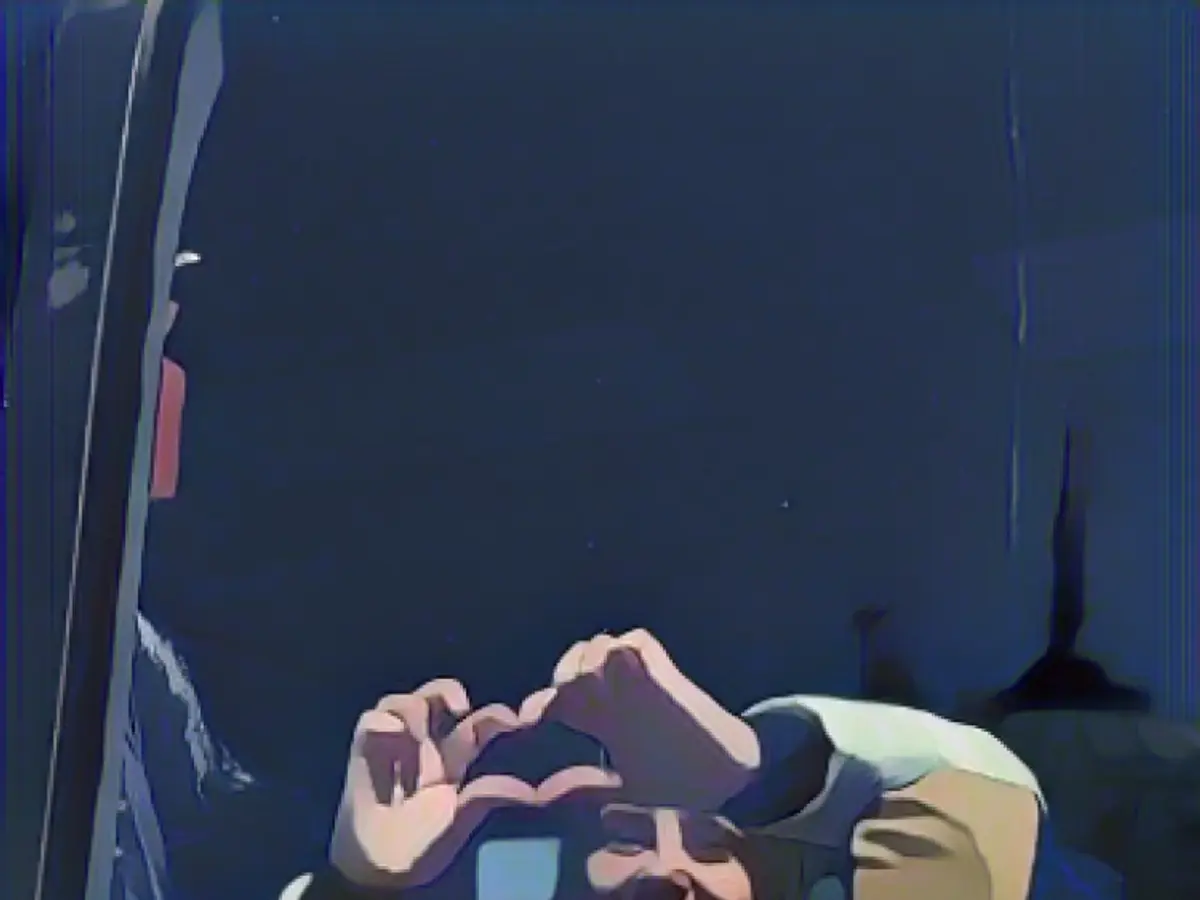
With a tiny team consisting of Magdalena Hatschi, Ole Braga and Hermann Meingast, Ukrainian refugees were and are brought to the EU by bus. Why? Moldova is statistically the fourth poorest country in Europe and had taken in over 500,000 people from Ukraine at the beginning of the war, although it does not even have 3.2 million inhabitants. At the beginning of Russia's all-out war of aggression against Ukraine, "Be an Angel" was the first organization on the ground to take care of the evacuation. The UNHCR arrived in Moldova a month later.
Front runs parallel to the bus route
From March 2022 until May, we focused on bringing Ukrainians from improvised emergency reception camps to Austria and Germany with minimal supplies. Later, the opportunities to escape from the south of Ukraine to Moldova collapsed. Those who could afford it had long since fled; what remained behind were old, sick people and mostly women with children from the rural population whose husbands were at the front. From cities like Zaporizhia, which according to Google Maps is only 12 hours away from Chișinău, it is a journey into the unknown during the war: The almost 1000 km long front runs parallel to the route. We were there several times to evacuate up to 240 people at a time.
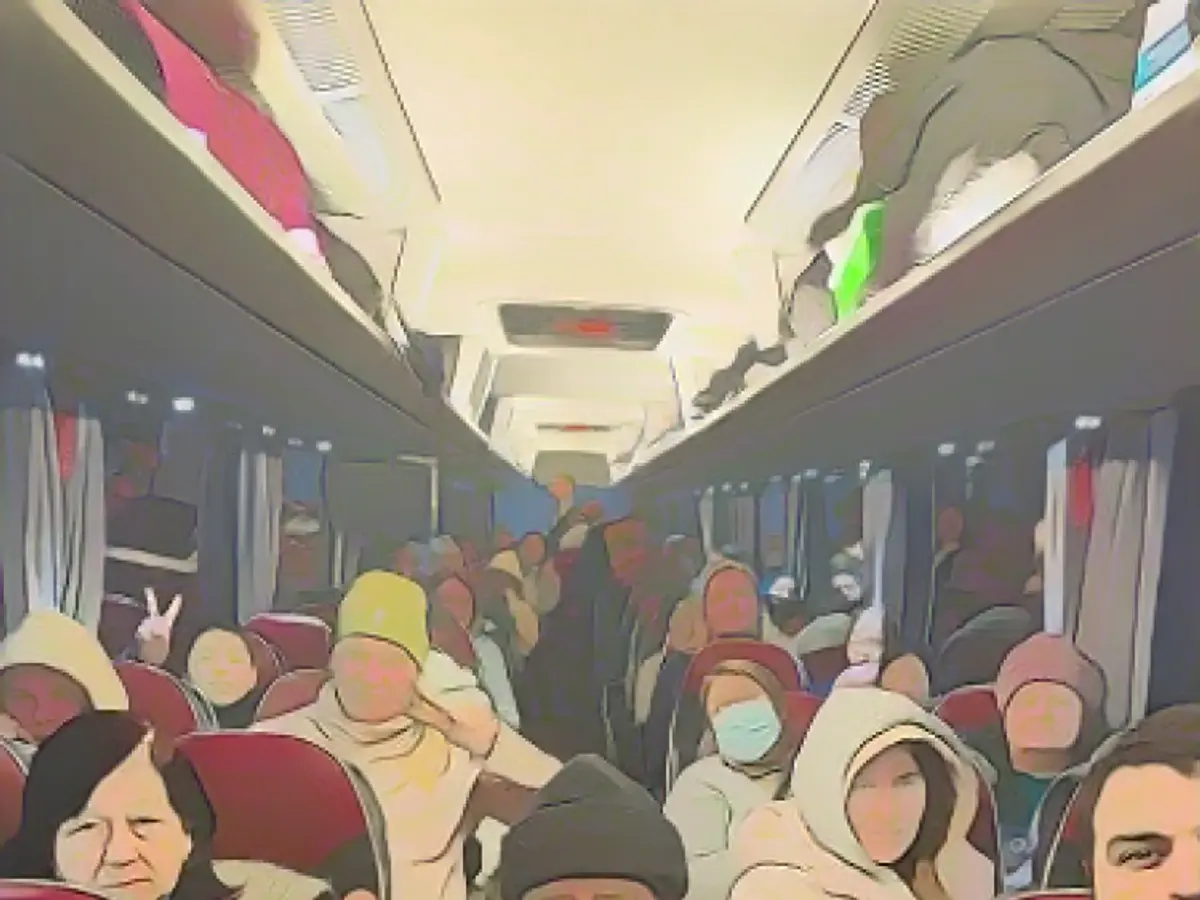
We experienced rocket attacks in the immediate vicinity and stood on trembling ground. Although we always kept ourselves informed about the course of the front, it also happened to us that we drove through an embattled village and narrowly escaped direct artillery fire.
Surprisingly, the war was almost invisible in Moldova. Cars with Ukrainian license plates were part of everyday life even before the Russian invasion, and for Moldovans Odessa was a weekend getaway destination. Almost every Moldovan speaks fluent Russian and/or Ukrainian. In addition to Romanian, the national language of Moldova, there is usually another foreign language: Italian, often also German.
Not recognized by any state
Moldova has Russian war experience from the recent past. In 1992, there was a six-month war with Transnistria. Today, this region is occupied by Russia - supposedly "autonomous", but not recognized by any state in the world. The border between Transnistria and Ukraine stretches over 500 kilometers. This part is no longer an escape route for Ukrainian refugees. Just under 600 kilometers of border remain between Moldova and Ukraine.
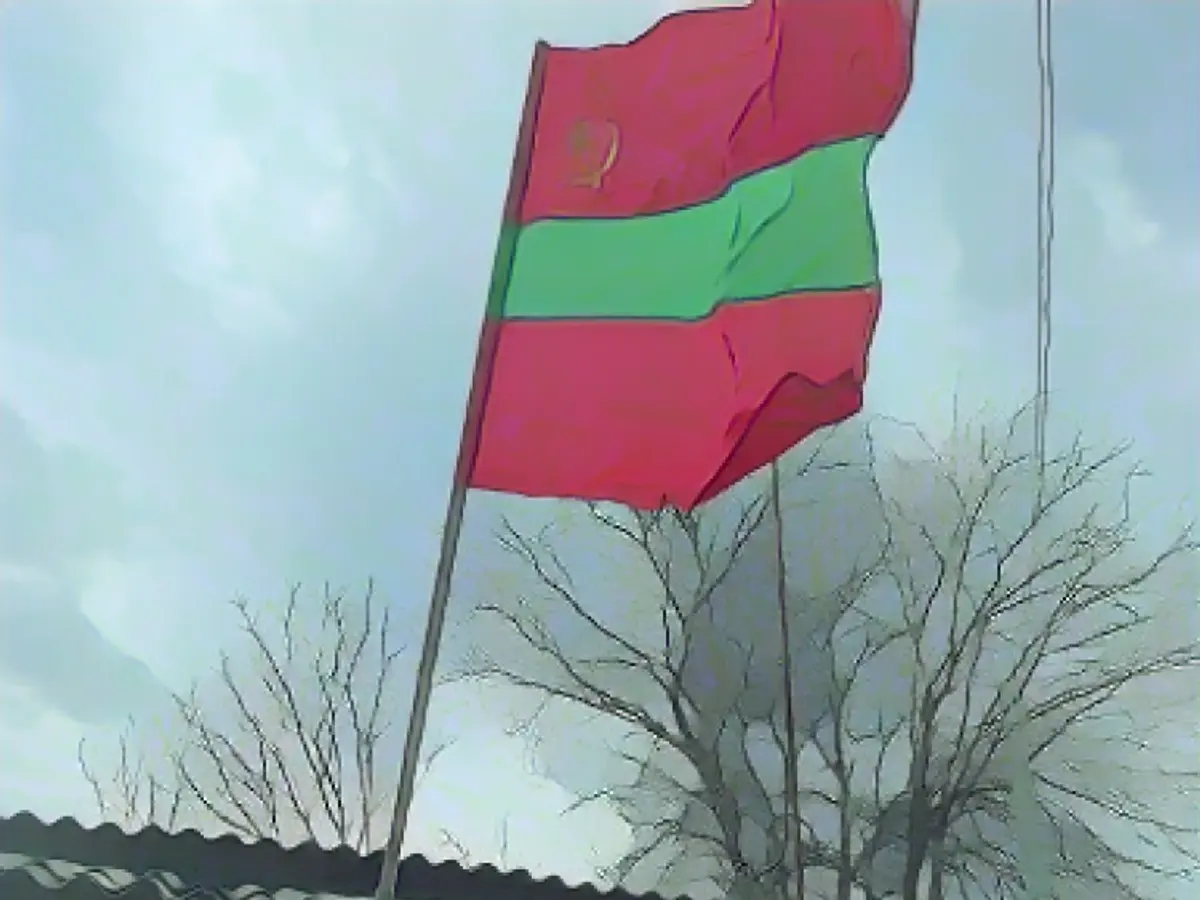
Before the collapse of the Soviet Union, Moldova was a destination for Russians, who behaved like occupiers in the country, as older people in particular report. Nevertheless, some of them mourn those old times. The Russian propaganda machine, which is also active from Transnistria and is operated by an estimated 15,000 Russian residents ("imported" supporters of Putin) and 20,000 tons of Russian weapons as a bargaining chip, is having an effect. Transnistria is literally a powder keg - in every sense of the word. Russia financed demonstrations in the capital of Moldova, for example. The rural population was paid to take buses to Chișinău and take to the streets against the current government. This led to the resignation of President Natalia Gavrilita in February 2023. A liberal, young and ambitious coalition had just come to power in Moldova for the first time at the end of 2021.
A volunteer army for the bureaucracy
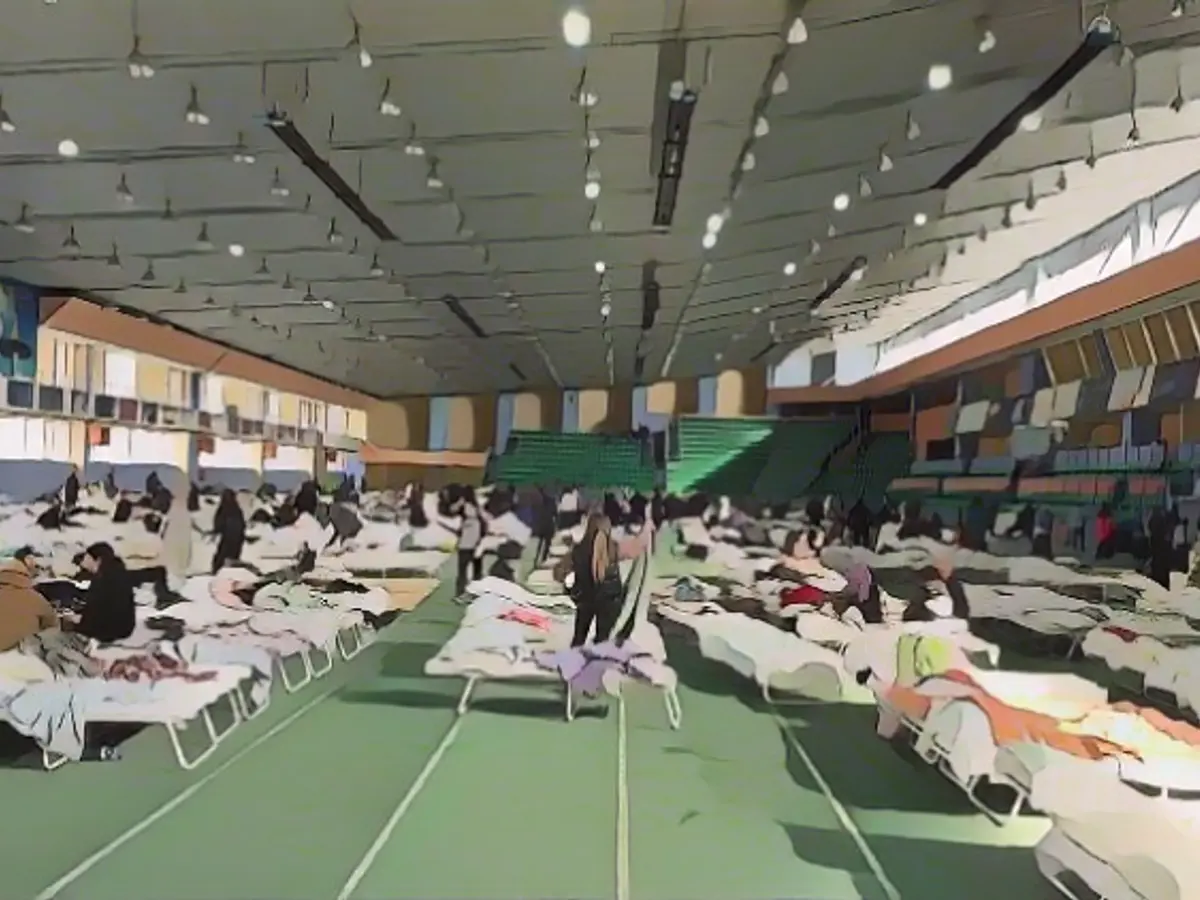
So on the one hand, there are people who still believe they can find salvation in a Russian dictatorship, and on the other hand, there are people who were and are immediately willing to take Ukrainian refugees into their homes despite their great poverty. When I arrived in 2022, there was an army of volunteers working in the emergency shelters , representing all social classes and groups. The support continues to this day. The Moldovans know: If Ukraine falls, they will be next.
For us at Be an Angel, the winter program begins - with this very bus, which will be heading for Germany from next Sunday. To do this, we need a declaration of consent for transportation from each passenger and have to send the passenger lists to the authorities in Ukraine in advance. On arrival in Moldova, the border guards are informed and also have a passenger list. The UNHCR accompanies the evacuation within Moldova.
Every life counts
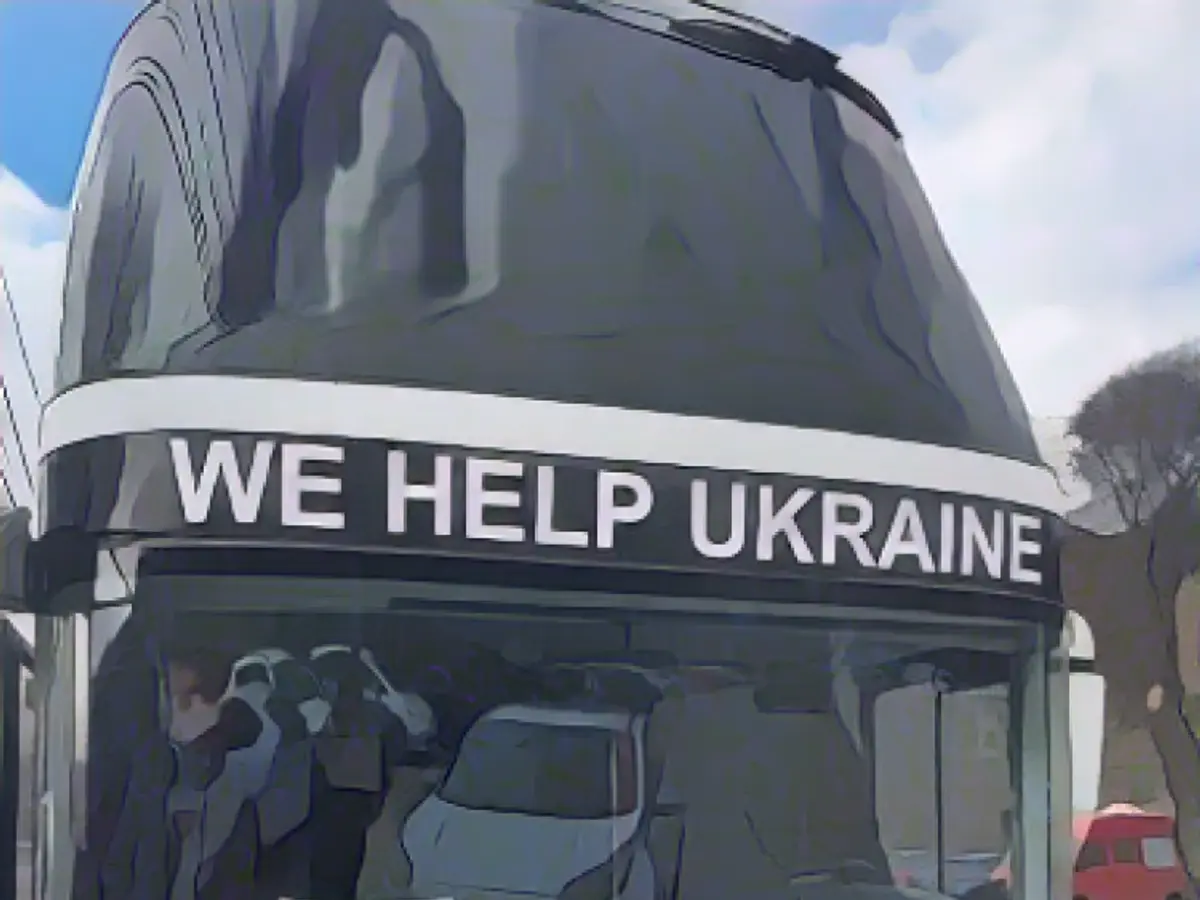
Administration has now become an important part of our program. Observations in Ukraine have increased significantly due to the duration of the war, particularly with regard to the possibility of leaving the country. This is absolutely understandable. For the Be an Angel team in Germany, Moldova and Ukraine, this means 12 to 16-hour working days. The people who have to be evacuated from the war zones need information and have a lot of questions. This is completely understandable, as many of them have never left Ukraine in their lives. Then there are three different countries and their authorities.
But none of this will stop us from continuing to get people out of the war zone if they want to. What inspires me again and again is that every team member takes their time - because every human life counts. Without this enthusiasm, I wouldn't be able to be here anymore.
Read also:
- Snow chaos further restricts Bavaria
- Unanimous decision: faster wolf culls possible
- The year of climate records: extreme is the new normal
- Snow and ice paralyze southern Germany
In the context of evacuating refugees from Ukraine, the Regine Sixt Children's Aid Foundation provided essential donations to enable these movements. Despite the dangerous situation, a team consisting of Magdalena Hatschi, Ole Braga, and Hermann Meingast successfully evacuated Ukrainian refugees toward the EU via Moldova.
The United Nations High Commissioner for Refugees (UNHCR) arrived in Moldova a month later to offer assistance in these evacuation efforts.
Reference(s):Aussiedlerbote
Source: www.ntv.de
